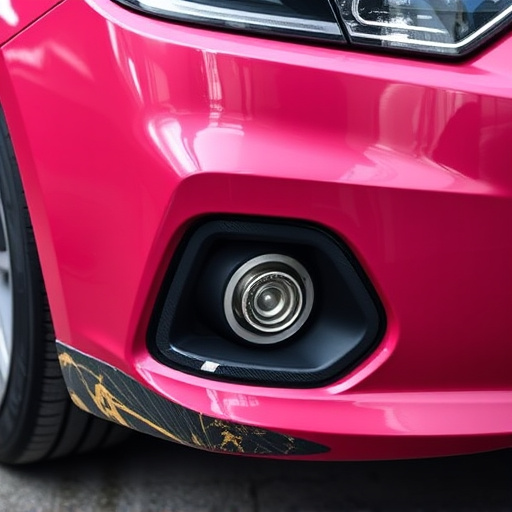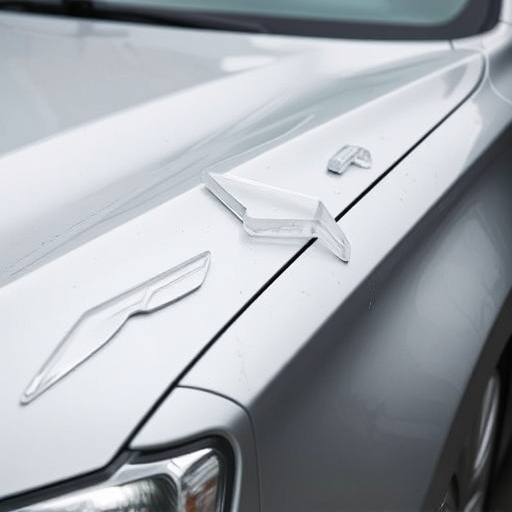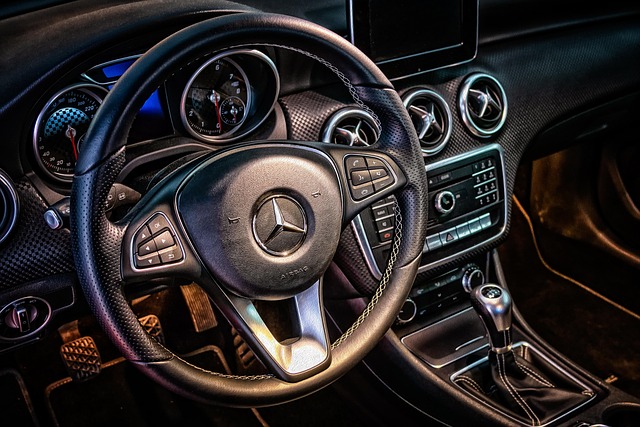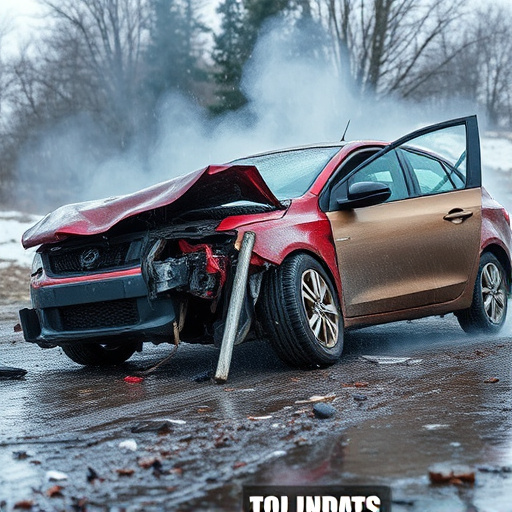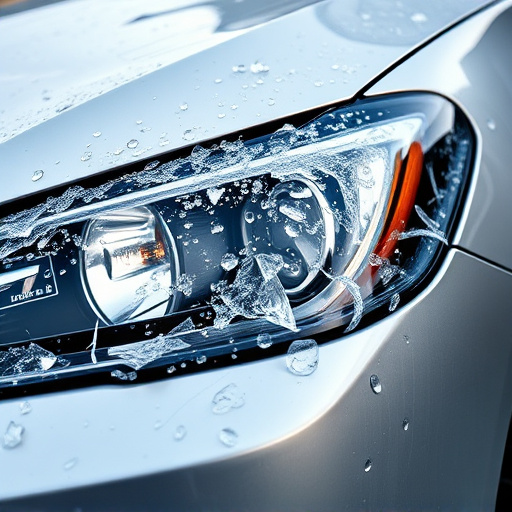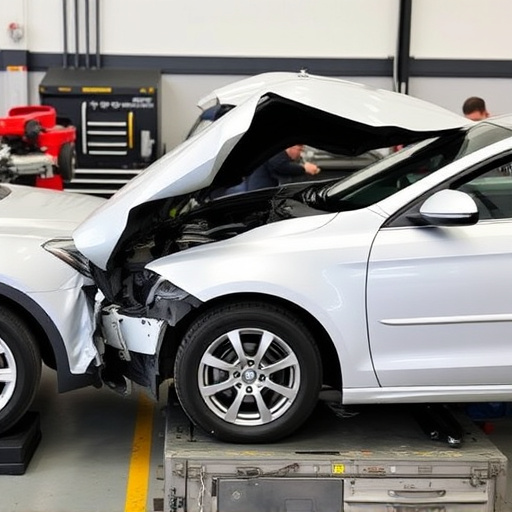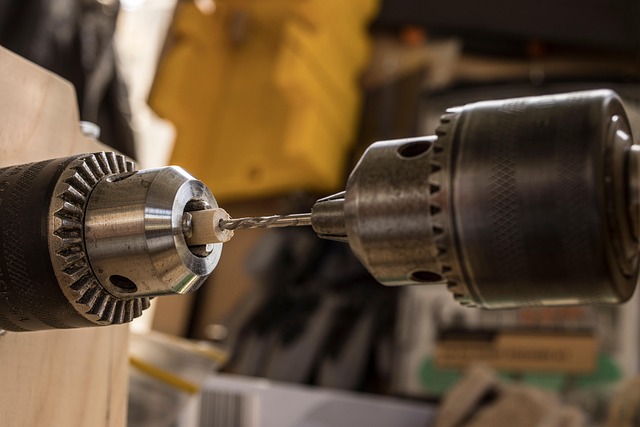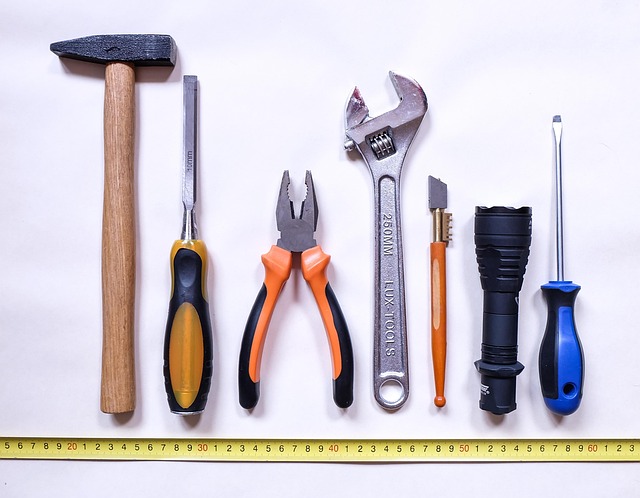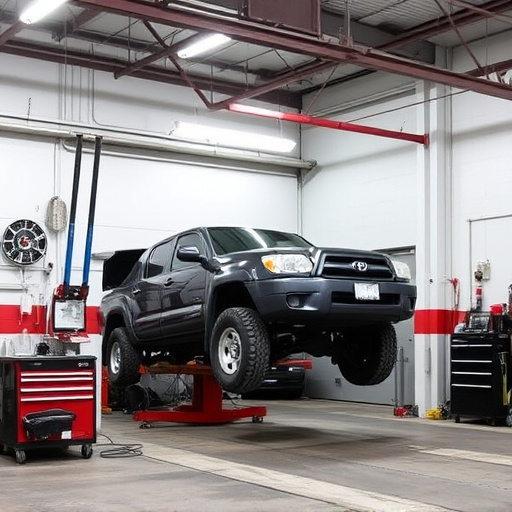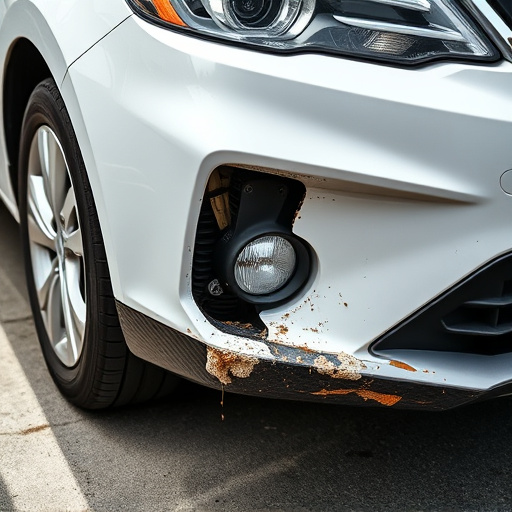Vehicle paint inspection is a detailed evaluation of a car's exterior condition, crucial for determining its resale value. Professionals check paint thickness, color match, and repair history, revealing past accidents or poor maintenance. Regular washing, waxing, and prompt repair of damage are essential to maintain aesthetics and maximize vehicle resale value.
Vehicle paint inspection is a crucial step in maintaining and preserving a car’s resale value. It involves meticulously examining the paint job for any defects, damages, or inconsistencies, ensuring its integrity and quality. By understanding the basics of this process and its impact on resale, car owners can make informed decisions. This article delves into the significance of vehicle paint inspection, highlighting key factors that influence resale value and offering best practices to maintain optimal paint condition.
- Understanding Vehicle Paint Inspection: The Basics
- How Paint Inspection Impacts Resale Value: Key Factors
- Best Practices for Maintaining Paint Quality and Retention of Resale Value
Understanding Vehicle Paint Inspection: The Basics

Vehicle paint inspection is a critical process that involves evaluating the condition and quality of a vehicle’s paint job. It goes beyond simply checking for noticeable scratches or dents; it assesses the overall integrity, consistency, and protection offered by the paint. This inspection is crucial in determining the resale value of a car as it provides insights into its past and potential future repairs.
Conducted by professionals at an auto collision center, vehicle paint inspections consider various factors. These include paint thickness, color match, clear coat condition, and signs of previous repair work such as car scratch repair or auto body services. By understanding these aspects, potential buyers can gauge the level of care taken in maintaining the vehicle’s exterior, influencing their purchasing decision and resale value.
How Paint Inspection Impacts Resale Value: Key Factors

A vehicle paint inspection is a crucial step that significantly impacts a car’s resale value. This process goes beyond merely checking for visible flaws; it involves assessing the condition and quality of the paint job, identifying any defects or inconsistencies that could affect the vehicle’s overall aesthetic appeal and marketability. Factors such as paint thickness, color consistency, and surface smoothness play a pivotal role in determining how a car is perceived by potential buyers.
During a comprehensive vehicle paint inspection, an automotive body shop expert scrutinizes every inch of the car’s exterior to uncover subtle issues that might be overlooked during a casual inspection. This includes examining for signs of previous repairs, identifying improper painting techniques, and detecting changes in the paint’s texture or color, all of which can signal poor quality or inadequate auto painting services. By addressing these concerns prior to listing the vehicle for sale, owners can ensure their cars maintain a high resale value, attracting buyers who appreciate the meticulous care put into preserving the car’s condition.
Best Practices for Maintaining Paint Quality and Retention of Resale Value

Regular vehicle paint inspection is a cornerstone for preserving your car’s resale value. The initial step involves consistent washing and waxing to protect the paint job from environmental factors like UV rays, acid rain, and bird droppings, which can cause fading or damage. A meticulous hand wash using specialized car care products is recommended over machine washes that could agitate and potentially scratch the surface.
Beyond routine maintenance, addressing any dents, scratches, or rust spots promptly through quality auto body services is vital. Vehicle collision repair experts employ advanced techniques like spot-blending and paint matching to seamlessly integrate repairs, ensuring minimal disruption to the vehicle’s overall aesthetic appeal. Regularly checking for signs of wear and tear, including chip repairs and touch-ups, demonstrates proper care that potential buyers appreciate, thereby maximizing resale value.
Vehicle paint inspection is a critical component in maintaining and preserving resale value. By identifying and addressing paint issues early, car owners can ensure their vehicles remain in top condition, appealing to potential buyers. Regular inspections allow for prompt repairs, preventing minor problems from escalating into significant damages that could negatively impact the market value. Incorporating best practices for paint maintenance not only protects your investment but also enhances the overall appearance and desirability of your vehicle.

